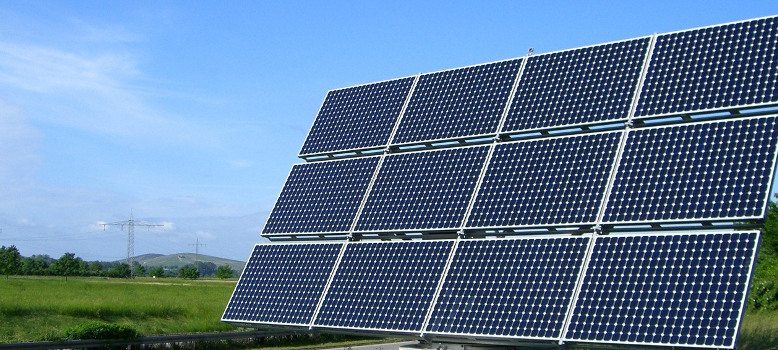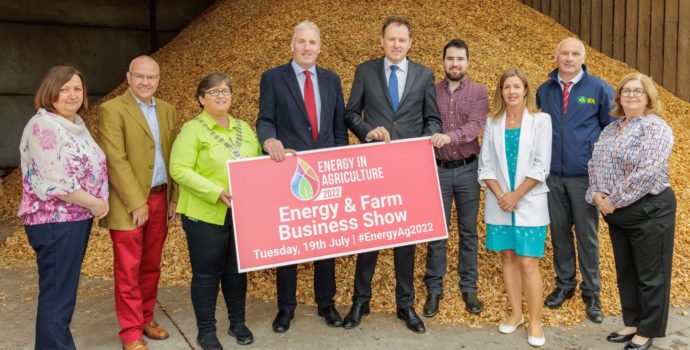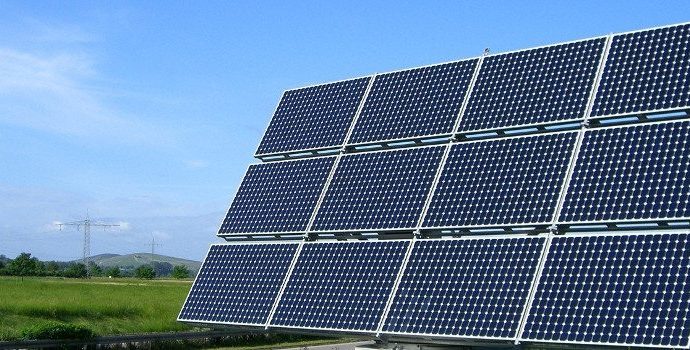
IFA President Tim Cullinan has said the current energy security concerns reflect a failure by the State to foster the development of a fit-for-purpose farm renewable energy sector in Ireland.
“Farmers across all sectors are grappling with massive increases in energy costs as they face into the coming winter. Unlike many of their European counterparts, Irish farmers were not given the opportunity or assistance to generate on-farm renewable energy which would have helped reduce the electricity demand of Irish farms and also improve energy security at National level. It represents a massive missed opportunity,” he said.
Analysis completed at European level in 2018 ranked Ireland 23rd out of 27 EU Member States in adoption of renewable energy technologies at farm level. This analysis also estimated that Ireland generated just 2.6% of energy from agriculture compared with the EU-27 average of 12.1%.
“We now urgently need the State to step up with intervention and support that will allow farmers to generate energy on their farms both for own use and for onward supply into the National Grid,” he said. “In order to make this happen we need, as part of Budget 2023, the establishment of a new ‘Roof-top Solar Scheme’ and ‘Anaerobic Digestion Support Scheme’, financed by the Department of Environment, Climate & Communications and independent of TAMS.”
IFA Environment Chair, Paul O’Brien also outlined the need for a change in current policies on sale of surplus energy. “Existing policies on the level of saleable volumes of surplus energy into the National Grid must be reviewed. Otherwise, potential surplus energy that could be generated on Irish farms may go to waste. That cannot be left happen, particularly given the current National energy demands.”
The Kilkenny sheep farmer also highlighted that any reduction in emissions as a result of farm renewables currently do not contribute toward Agriculture’s reduction target. “To encourage farmers to consider producing renewable energy, any emissions reductions as a result of farm renewables must contribute toward the 25% cut in Agri emissions required by 2030 at National level,” concluded Paul.



